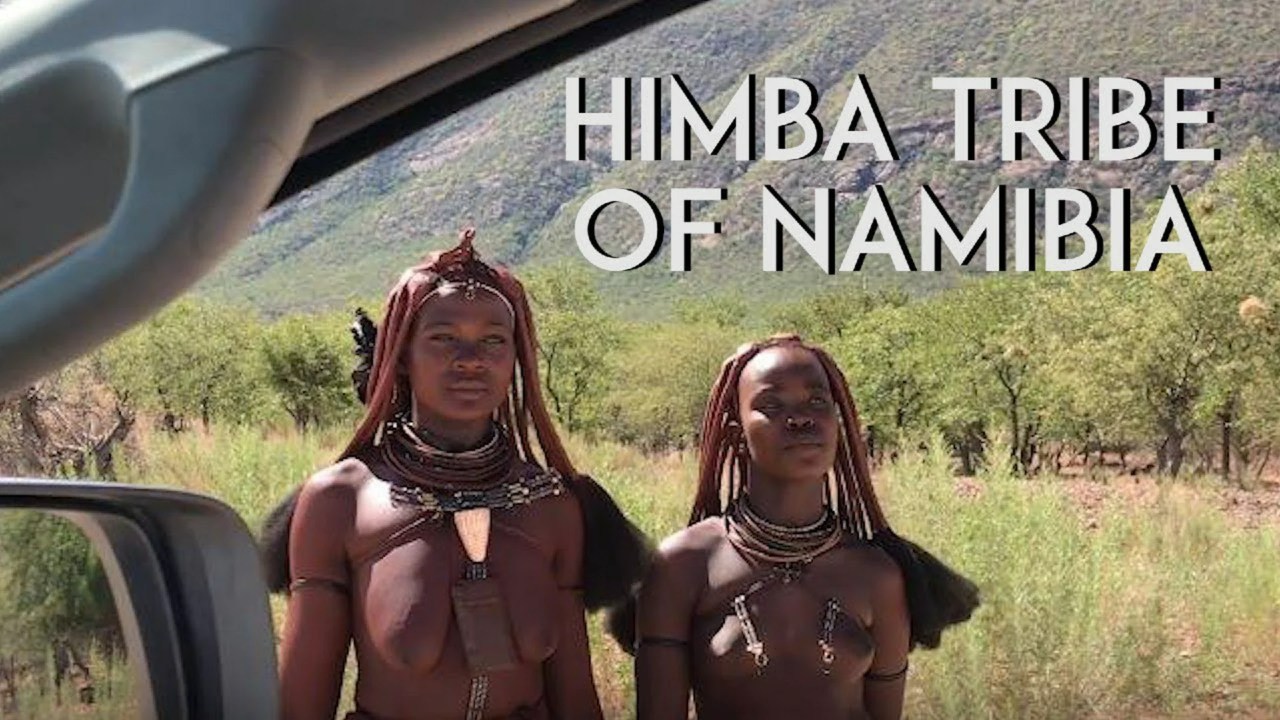From their unique style of dress to their extraordinary vision and colorful language, the Himba people are an indigenous group with a rich culture that is deeply rooted in the vast Kunene region of Northern Namibia. Here are nine fascinating facts about them you may not know:
1. The OvaHimba have been successful in preserving their traditional way of life and culture over many years; so much so that they were able to successfully block a proposed hydroelectric dam along the Kunene River that would have flooded their ancestral lands.
2. Mobile schools funded by Norway and Iceland were created for Himba children but since Namibia took them over in 2010, these schools have been converted into permanent ones rather than mobile ones – something which has caused some concern among traditional Himbal chiefs who worry it will endanger their culture, identity and traditional ways of living as a people.
3. Groups of last remaining hunters and gatherers Ovatwa are held in secured camps in northern part of Namibia’s Kunene region despite objections from traditional chiefs who claim they do this without consent or against wishes.
4 .In 2012 two separate declarations were issued to the African Union and to the OHCHR of the United Nations in which Himba chiefs and communities residing near the Kunene River listed violations of civil, cultural, economic, environmental, social and political rights perpetrated by government of Namibia.
5. Vipuakuje Muharukua is a member of Namibia’s parliament who hails from Kaokoland in Namibia and is an OvaHimba.
6. Their traditional clothing includes leather skirts (ezorros) worn by women and goatskin loincloths (odhos), headdresses (eanda) and necklaces worn by both men and women.
7.The OvaHimba’s traditional language is Herero, but many of them also speak English, Afrikaans and Oshiwambo.
8. The Himba are semi-nomadic pastoralists who practice subsistence farming as well as animal husbandry; they depend on their livestock for food, clothing and other items such as soap, jewelry, tools etc.
9. To this day the Himba still follow a monotheistic faith with a single God at its head called Mukuru or Mukuru wa hungu meaning ‘God of Heaven’ in the OvaHimba language.
Despite facing various challenges, the Himba community is determined to keep their culture and traditions alive. We hope everyone can learn more about this fascinating group and show them the respect they deserve.



